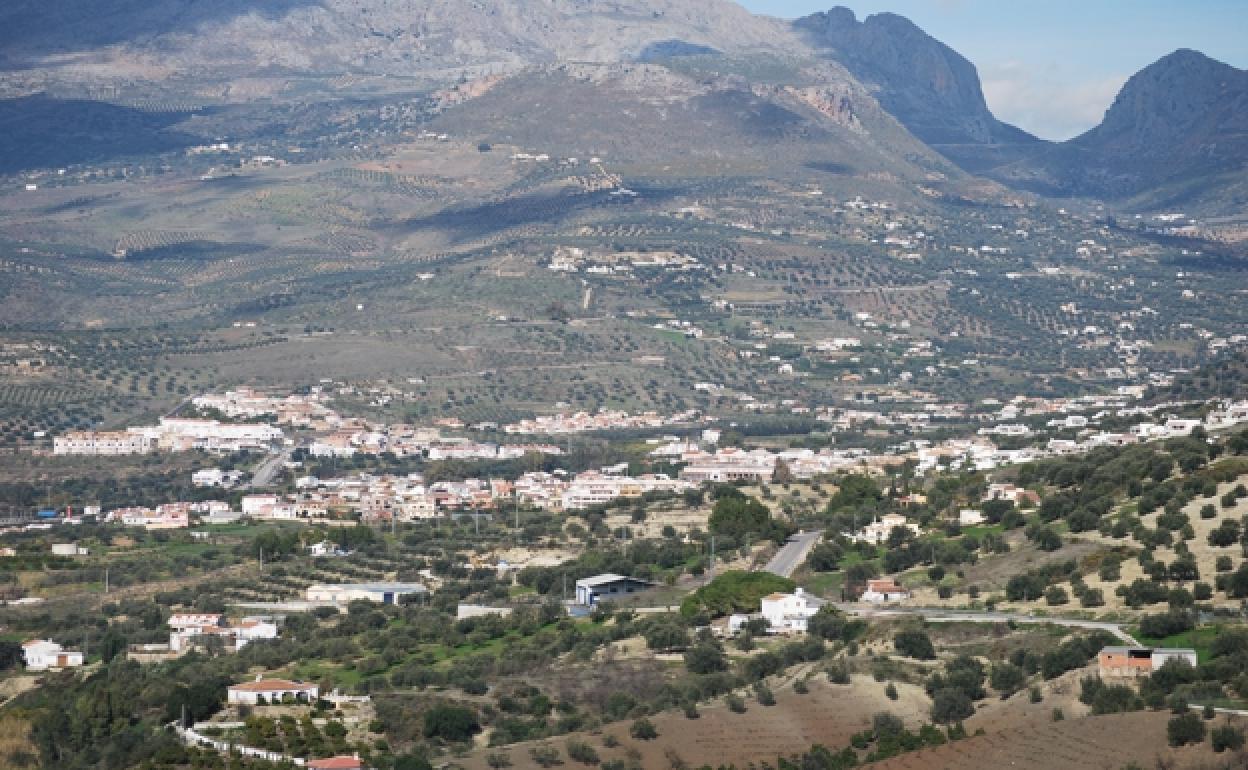Save Our Homes Axarquía to disband after 17 years of fighting
SOHA, made up mainly of foreign home owners, says it has achieved "as much as possible"; stopping demolitions and legalising homes in the Spanish countryside through the DAFO
At 76 years old, Phillip Smalley admits to being "tired" of fighting for the legalisation of irregular housing built with municipal licenses, subsequently annulled, in the Axarquia in the last three decades. In 2021 he decided to sell the house he built in La Viñuela and has gone to live in a rented housing development in the town. After 17 years of fighting, at the end of January the board of the association Save Our Homes association (SOHA) , which Smalley has chaired since it was founded in 2006, decided to disband the association.
"We have achieved as much as possible, stopped demolitions and legalised our houses," summarises Smalley alluding to the Declaration to Assimilated Out of Ordination (DAFO), implemented by the Junta de Andalucía in 2012. "We have had up to 400 members, but now we were about 145, many have died, others got tired, sold their homes and went back to their country, others of us have decided to stay," the La Viñuela resident explains. "I've had enough, I'm tired and I have no interest in continuing to fight," Smalley, who was a councillor for the Partido Andalucista (PA) in the opposition in the La Viñuela town hall between 2011 and 2015.
The SOHA president considers that the members are "pleased" with what has been achieved in the 17 years. "The situation has been recognised, the demolitions were stopped and the houses can be sold," summarises Smalley, who emphasises that foreigners continue to come to live in the Axarquía. "People want to be happy living here", he emphasises.
Klaus Witte, originally from Germany, has been part of SOHA's advisory board. "Perhaps more attention should have been paid to Spaniards who have been affected from the beginning, instead of concentrating on foreigners," says Witte, who points out that of the more than 300,000 irregular homes built in the Andalusian countryside, of which 50,000 are in Malaga and, of these, some 20,000 in the Axarquía, the proportion of foreign owners is "a minority".
Going to the European Court of Justice
According to Witte, "those affected believed that they had duly fulfilled all the requirements and were in possession of a building permit issued by an estate agent. “They had paid all fees, taxes and charges on time, and now the state, which gladly accepted these funds, accuses them of an illegal act?" the German resident asks.
For Witte, the 2012 Andalusian decree, which implemented the DAFO, "is morally reprehensible, since this is not a short-term situation and the owners who acted in good faith have been expropriated." He goes on to say that the DAFO "does not change the fact that permits for structural alterations cannot be obtained and the building would no longer be solvent either. It would only be legal on paper.”
"If most of the 327,000 owners had joined associations such as SOHA, they would have had sufficient funds to sue the Spanish state before the European Court of Justice, at least for violating their own laws and infringing on property protection. However, the financial backing was still too weak to be able to hire experienced and expensive lawyers," Witte laments.
LISTA "did not solve their problems"
The latest regulatory changes introduced by the Junta de Andalucía from 2019, with the change of the regional government and the arrival of the Partido Popular (PP) to power, have not entirely satisfied the collective either. As such, in November 2021, SOHA stated that the LISTA "did not solve their problems" and that the text would "create comparative grievances". The subsequent regulation, finally approved in December 2022, left the owners of the houses built with municipal licenses, which were subsequently annulled by the Junta and / or the courts, "helpless, by giving them the same treatment as the illegal ones".

